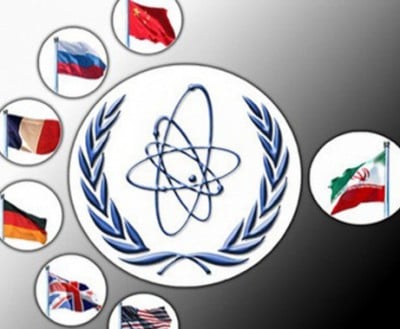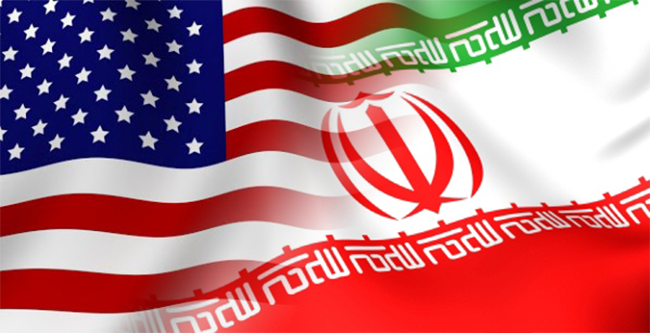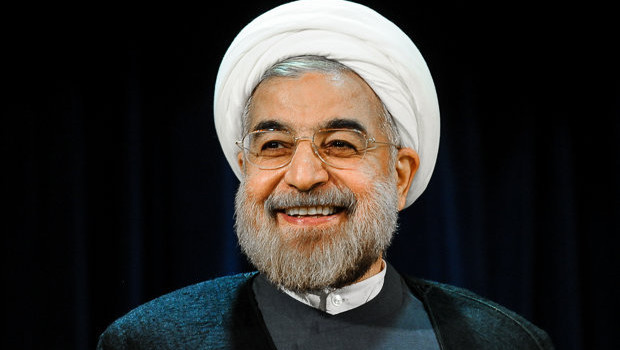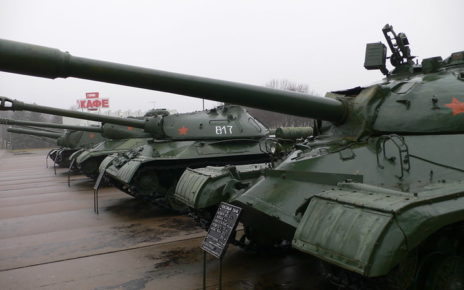
As the Iranian nuclear talks yet again reach a peak, there has of course been a lot of chatter about the potential outcomes of a deal. Stephen Walt argues that the odds of a nuclear deal with Iran “look like a coin toss.” Some, like Jeffrey Lewis argue that a nuclear deal is quite plausible and a “once in a generation” opportunity- but warn that asking for too much will cause that opportunity to slip away.
For example, Lewis argues that asking Iran to ‘tell all’ about past nuclear programs will only exacerbate concerns surrounding their honesty. Asking Iran to come clean about past nuclear weapons programs that are already of knowledge will not help. Opponents to the nuclear deal will use this to halt any chance of a deal, and moderates in Iran will lose their footing- putting control back in the hands of those less willing to negotiate with the West. A compromise is the most likely approach to lead to a deal, yet there are many who are having a very difficult time coming to terms with the idea that the West might have to back down on some of its demands.
The consequences of failing to reach a nuclear deal with Iran reaches far beyond its spotty relationship with the West. In the first week of November, a letter written by Obama to Iran’s Supreme Leader Ayatollah Ali Khamenei was leaked, revealing Obama’s concerns about the region and Iran’s potential role in combating the Islamic State.
Geopolitically, a nuclear deal with Iran would cause a large sigh of relief in an already tense region. With sanctions relief on the table for Tehran and the possibility of an increased amount of cooperation in the region for the West, there is certainly a lot riding on the decisions that will take place in the next couple of weeks. Any chance to decrease the likelihood of another conflict in the Middle East is worth exploring, and the P5+1 talks are crucial in achieving this goal.
Conventional wisdom often dictates that because Iran has for the past 35 years been an enemy of the United States and other like-minded nations, any indication of a nuclear weapons program have been met with hostility, years of investigation, sanctions, and UN resolutions. Indeed, this has been the case; and yet, it would also likely be the case if a friendlier nation were to do the same.
What is often overlooked in recent discussions surrounding the Iranian nuclear program is the fact that any nuclear proliferation to a state over which military power is already projected is likely harmful to powerful states- even if the proliferator is a friendly state. Consider Matthew Kroenig, who has argued that regardless of what the state-to-state political relationship is, the reaction to a proliferating state depends more heavily on power projection prior to proliferation.
Kroenig’s work is very related to the current situation unfolding in the Middle East. The expectation of others is that states will use institutions, treaties, and interdependence to respond to nuclear proliferation, and that established nuclear powers will cooperate with one another. Similarly, many suggest that political relationships will cause states to favour nuclear proliferation to states with which they are friendly, and react negatively to nuclear proliferation in enemy states.
In contrast, more Realist theories focus on relative capabilities and how security concerns above all affect great power cooperation in terms of nuclear proliferation. Specifically, those who adhere to power projection theories suggest that depending on a state’s relative capabilities in the international system, there may be no distinguishability between friendly and enemy states who develop nuclear weapons. This will affect the level of cooperation amongst great powers.
What we are seeing in Iran is a medley of the above. As an extremely powerful state, the United States can view any proliferating state as a danger to its interests. Cooperation with other nuclear-capable or powerful states is also appropriate in this case, given the multi-dimensional aspects to the issue. This is amplified by the regional implications of a fully nuclear Iran: Israel has alluded to taking military action if Iran reaches the point where it can develop nuclear weapons in a short timeframe, and other Gulf states such as the Saudis have said that they might “reconsider their position” on their nuclear programs if Iranian enrichment is allowed.
The issue is that these developments might still take place if a lot of concessions are made in the talks taking place; the altogether absence of a deal would be a huge blow, and could likely lead to military action in the future from neighboring states who are threatened by a nuclear Iran. Further conflict is a possibility that the P5+1 (refers to the P5 or five permanent members of the UN Security Council, namely United States, Russia, China, United Kingdom, and France, plus Germany) states are trying desperately to avoid.
The coming days and weeks will reveal whether or not the worries that many have concerning demands and compromises will come to fruition. There is a lot more riding than “just” a nuclear Iran- the security of the already fragile region is also at stake.




